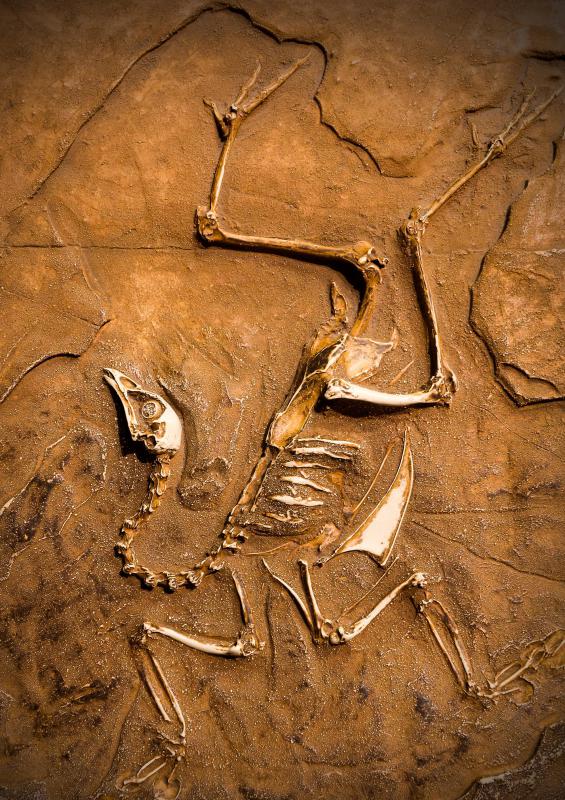At WiseGEEK, we're committed to delivering accurate, trustworthy information. Our expert-authored content is rigorously fact-checked and sourced from credible authorities. Discover how we uphold the highest standards in providing you with reliable knowledge.
What is Genetic Mutation?
Genetic mutation may be a stronghold of science fiction and comic books, but its presence is very real, and still not always understood. At a basic level, mutation causes a gene or genetic sequence to change from its original or intended purpose. It can be caused by a variety of internal or external sources, and the effects can be positive or negative for the organism that undergoes mutation.
There are several factors that can cause genetic mutation to occur. In the normal process of cellular division, mutation can occur when gene properties do not copy properly to the new cell. Radiation, such as that from ultraviolet sources, can also cause mutation. Radiation-caused mutation can be very dangerous, but has also been harnessed for medical use, as in treating malignant tumors. Viruses, which attack an organism on a cellular level, can also be responsible for genetic mutation.

Mutation is essential to the evolution of a species. Some genetic mutations can be beneficial to a species, serving a purpose like increasing immunity to a common disease. The introduction of mutation into a species encourages gene pool variations that can result in beneficial adaptations. Negative mutations will often be destroyed through natural selection, as weaker or less adaptable specimens are less likely to survive and pass on their detrimental genetics to another generation.

Depending on what type of cell is affected by mutation, results can be positive, negative, or neutral. Hereditary diseases, for instance, are a result of a mutated or damaged cell that passes on the mutation to each new cell it creates. Similarly, cancer is the result of malignant growth of mutated cells. However, one common mutation in humans, the CCR5 base pair, can give added resistance to some diseases including HIV.

The concept of mutation has enflamed imaginations for generations, as its potential power to change or harm humans is enormous. One popular comic book series, X-Men, takes the concept to an extreme, creating a parallel universe in which some of the population is granted super-powers due to extreme genetic mutation. While the limits of genetic mutation remain unexplored, it appears unlikely that anyone will begin sprouting horns or flying due to mutation any time soon.
Mutation has come to be better understood by scientists in the last 50 years, but still presents many unanswered questions. While it is known, for instance, that exposure to ultraviolet radiation, like sunlight, can cause mutations that may lead to skin cancer, the necessary level of exposure is still undetermined. The science of genetics has taken tremendous leaps in knowledge in the last decade, and each discovery brings scientists closer to understanding the properties of genes and the true effects of genetic mutation.
AS FEATURED ON:
AS FEATURED ON:













Discussion Comments
I would like to ask if there would be problem in genes when two cousins get married or have a baby, because I know some people who have a problem.
Genetic mutation is a process and is not the one being passed down to the next generation -- mutated genetic material is. But still, it is not true that the altered genetic material is always inheritable. For it to be inheritable, the mutation must occur in the gametes (sperm or ovary) and the host carrying the altered genetic material is actively reproducing.
Genetic mutation is always passed on to the offspring. It's in the genes. If those offspring don't exist because the mutation made it impossible, the mutation dies off.
Genetic mutation and genetic inheritance are not quite the same thing. While there are some interesting genetic mutations, like blue eyes, which have become inherited as well, they don't always pass on to future generations. The very concept of a "mutation" is a change- basically, if it happens once it can be called a mutation, if it happens again to another generation it is probably inherited.
@anon136481, I think that would be a genetic inheritance, not a genetic mutation; mutations, as a rule, cannot be inherited from one generation to another, at least not in a visible way like you're describing.
My husband died at 67 of glioblastoma multiforme. Five years later my daughter also died of glioblastomas multiforme at the age of 49. Would this be genetic mutation? --vgfz
Post your comments